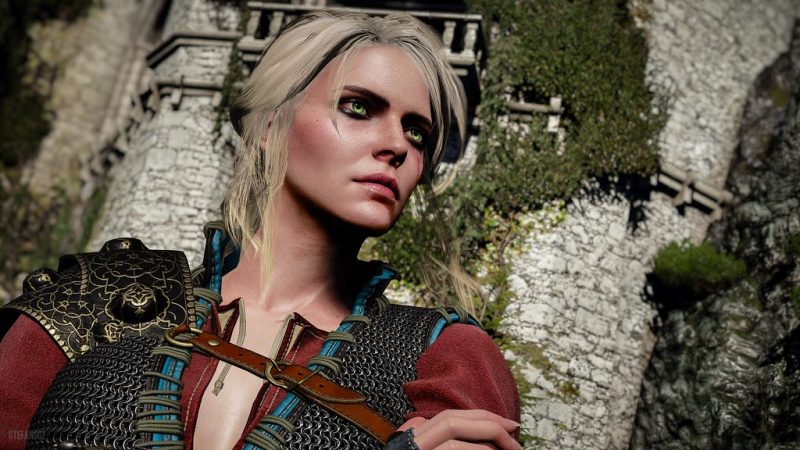We are all stuck inside right now. We are all doing our best to minimize the burden on emergency rooms and hospital wards, and, in the process, we are all looking for ways to stay entertained. This comes with its own set of challenges, because, whether you are a homebody or not, this global lockdown creates its own anxieties. Health concerns. Less exercise. Reduced personal space. Cabin fever. Food worries. The list is endless. Mental health-focused self-care has, therefore, become more important than ever.
Take me, for example.
I have chronic depression that manifests as anhedonia and pathological rumination. That means, on my bad days, I don’t feel pleasure and keep going through the same spiral of negative thought. This drives an anxiety disorder too. I struggle, due to dispassion and distraction, to meet the most minor of personal goals.
But, for an hour or so each evening, I am not me. I am Mario. I am Lara Croft. I am, for several playthroughs on the run now, Geralt of Rivia. I am a flawed character who overcomes vast and unending odds. Suddenly, I discover an escape I used to find in novels before the cortisol starved me of focus. The game empowers me, and the correct combination of button presses and werewolf vanquishing become, emotionally speaking, one and the same.

This is not just escapism though. The pixels in which I immerse myself are not independent of me. My button taps and stick-flicks are real. They are active and reactive responses to stimuli that are really crashing into my senses. In suspending my disbelief, I enter into a real-life scenario.
This works because of a trick I play on myself whenever I play a game, read a book, or see a play. Whenever any of us play a game, we don’t think, “I am playing a game”. We would never enjoy it, because we would never be able to enter that world and empathise with its characters and their experiences.
This trick has many names. Suspension of disbelief. Imaginative irony. We could call it hermeneutic phenomenology if we’re being pretentious. It is the human capacity to entertain the hypothetical without leaving physical reality. All literature old and new do this. They allow us to achieve things the literal mind could not manage on its own.
The tangibility of video games — the physical cause and effect, the haptic feedback, the VR headset — racks this up to a whole other level. When we game, we are our avatars. Video games are so powerful because they are escapism and real achievement at the same time.
Over the coming weeks, I will be looking into these possibilities in more detail. As it turns out, there is no end of stories across the internet of those in need of mental aid turning to their controllers. Game critics, veterans, scientists, and myself: we all have something to say on games and why they might just be more important than ever.
It’s so important to talk right now. Check-in with your family members, friends, colleagues, raid parties, tabletop groups, and clans.


